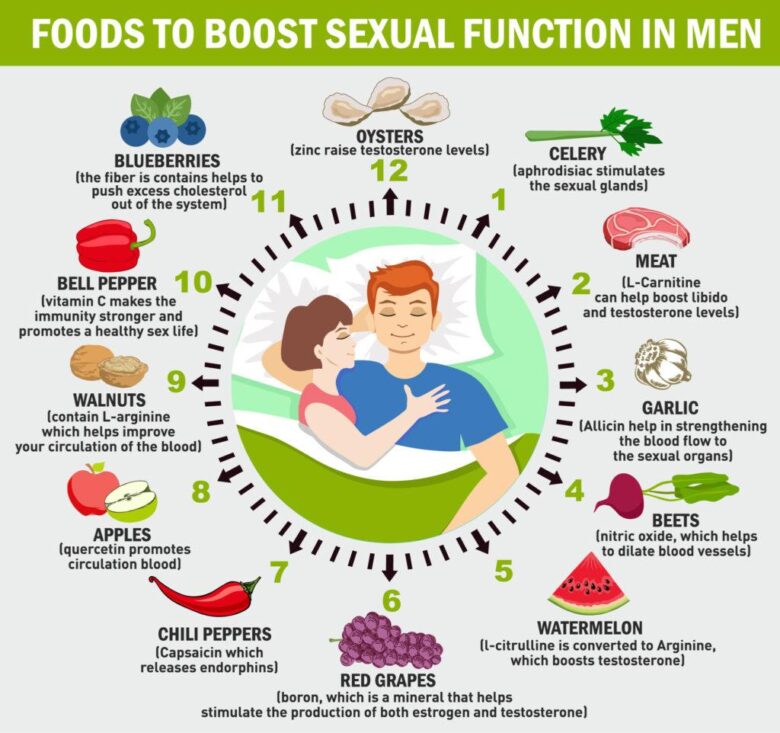Unlocking the Power of Nutrition: Top Foods for Testosterone Therapy
Testosterone therapy has emerged as a beacon of hope for many seeking to balance their hormonal levels and enhance their well-being. Yet, the journey towards optimal testosterone health doesn’t solely rely on medical interventions; nutrition plays a pivotal role. Just as a finely tuned engine requires the right fuel to operate efficiently, our bodies thrive when nourished with the right foods. In this exploration of the best foods for testosterone therapy, we delve into the nutritional powerhouses that can aid in boosting testosterone levels naturally. From vibrant fruits to robust proteins, each bite can be a stepping stone towards achieving a healthier, more vibrant you. Join us as we unlock the secrets of nutrition that can complement your testosterone therapy and pave the way for enhanced vitality and vigor.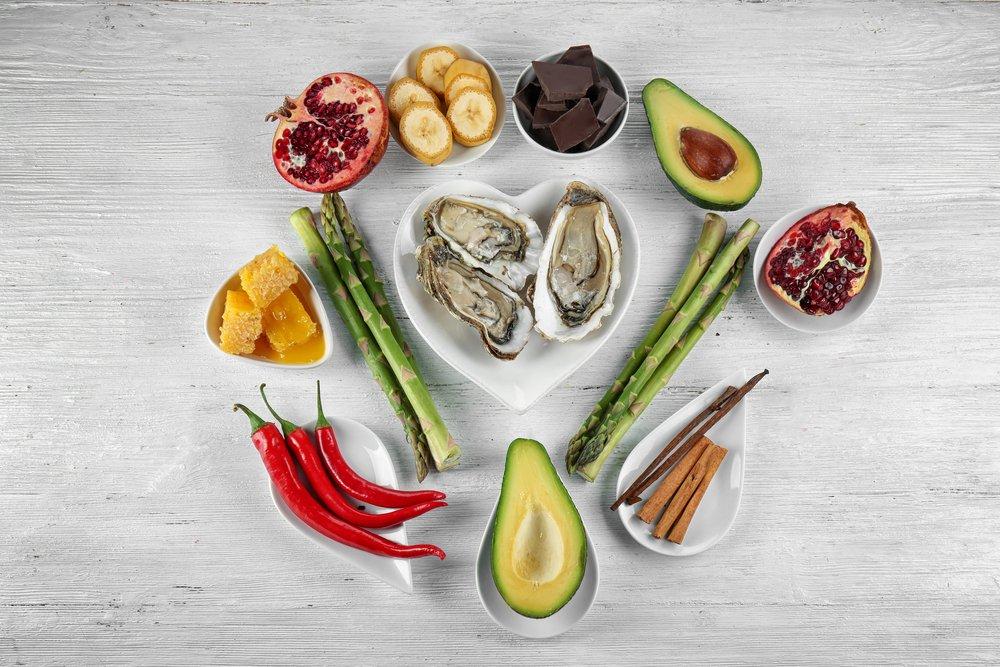
Understanding Testosterone Therapy and Its Importance
Testosterone therapy is becoming increasingly recognized for its crucial role in promoting overall health and wellness, especially in men experiencing hormone deficiencies. This treatment aims to help restore optimal testosterone levels, ameliorating symptoms such as fatigue, depression, and decreased libido. Importantly, the effectiveness of testosterone therapy can be significantly enhanced by the incorporation of certain nutrient-dense foods into the diet. These foods not only support hormonal balance but also contribute to general well-being and energy levels.
To foster a healthy testosterone production, consider including the following food categories in your diet:
- Leafy Greens: Spinach and kale are rich in magnesium, which has been linked to improved testosterone levels.
- Healthy Fats: Avocados and olive oil provide monounsaturated fats that support hormone production.
- Lean Proteins: Chicken, turkey, and legumes provide essential amino acids necessary for hormone synthesis.
- Cruciferous Vegetables: Broccoli and cauliflower contain compounds that may help reduce estrogen levels, allowing testosterone to function more effectively.
In addition to incorporating these foods, a balanced intake of vitamins and minerals is paramount. Below is a table highlighting some beneficial nutrients and their food sources that are believed to support testosterone levels:
| Nutrient | Food Sources |
|---|---|
| Vitamin D | Fatty fish, egg yolks, fortified cereals |
| Zinc | Oysters, beef, pumpkin seeds |
| Omega-3 Fatty Acids | Salmon, walnuts, flaxseeds |
Aligning your diet with these nutrient-rich foods can create a supportive environment for effective testosterone therapy and contribute to your overall health journey.
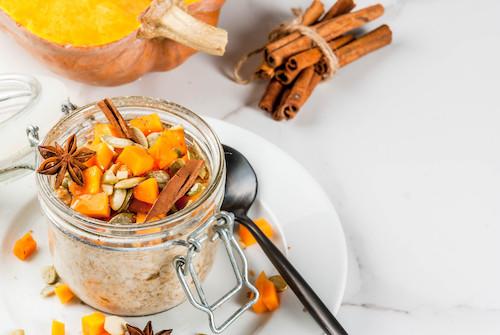
Essential Nutrients That Boost Testosterone Levels
To effectively elevate testosterone levels, incorporating foods rich in essential nutrients is key. Certain vitamins and minerals play an important role in testosterone synthesis and overall hormonal balance. Foods that are particularly helpful include those high in zinc, Vitamin D, and healthy fats. Consider adding the following to your diet:
- Oysters: Packed with zinc, known as a testosterone booster.
- Fatty Fish: Rich in Omega-3 fatty acids, which support overall hormone production.
- Eggs: A source of Vitamin D and cholesterol, both vital for testosterone.
- Leafy Greens: Spinach and other greens are great for magnesium, another critical mineral.
Furthermore, certain antioxidants contribute to hormone regulation and increased testosterone. Foods rich in these compounds can help combat oxidative stress, which indirectly supports hormonal health. Consider incorporating:
- Berries: Full of antioxidants that improve cardiovascular health and circulation.
- Nuts: Almonds and walnuts provide healthy fats and essential nutrients.
- Cruciferous vegetables: Broccoli and cauliflower may help balance estrogen levels, promoting better testosterone production.
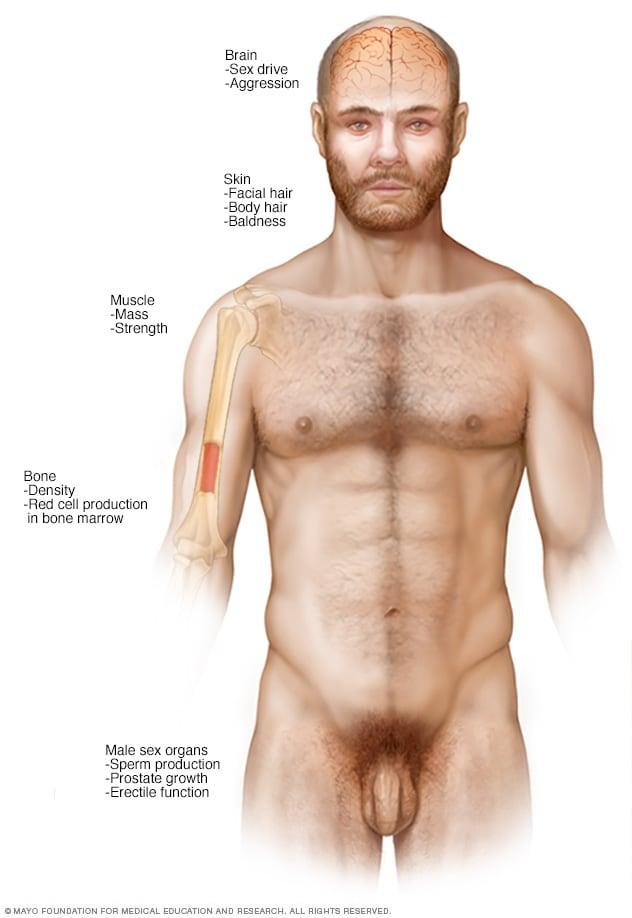
Top Superfoods to Incorporate for Hormonal Health
When seeking to enhance hormonal balance, certain superfoods stand out due to their nutrient-dense profiles and specific benefits for testosterone levels. Incorporating the following superfoods into your diet can provide essential vitamins and minerals that support overall hormonal health:
- Leafy Greens: Spinach and kale are rich in magnesium, which assists in testosterone production.
- Fatty Fish: Salmon and mackerel are packed with omega-3 fatty acids that reduce inflammation and promote optimal hormone levels.
- Nuts and Seeds: Almonds and pumpkin seeds are excellent sources of zinc, crucial for maintaining testosterone levels.
- Cruciferous Vegetables: Broccoli and cauliflower help lower estrogen levels, allowing testosterone to shine.
Moreover, certain fruits can play a vital role in supporting hormonal function. Consider incorporating these into your meals:
| Fruit | Key Benefits |
|---|---|
| Pomegranates | Help increase testosterone and improve blood flow. |
| Avocados | Rich in healthy fats, they support hormone production. |
| Berries | High in antioxidants, reducing oxidative stress on hormones. |
| Bananas | Contain bromelain, which can enhance testosterone levels. |
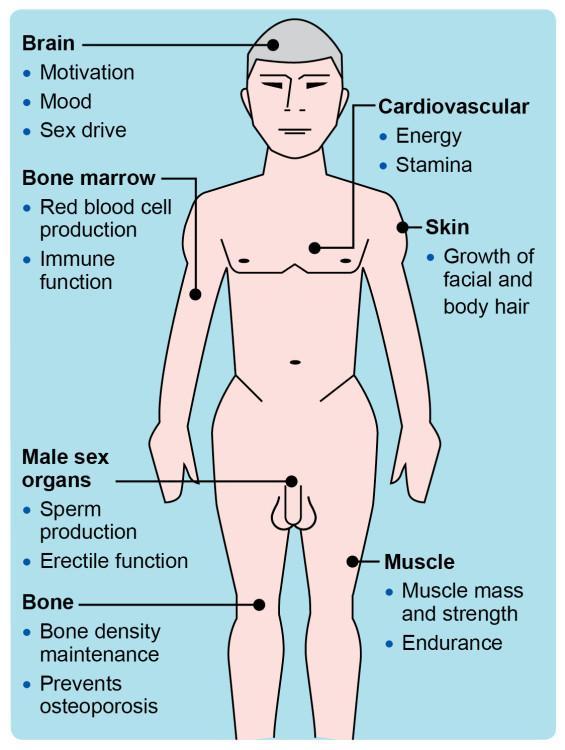
The Role of Healthy Fats in Testosterone Production
Healthy fats play a crucial role in supporting testosterone production, making them an essential component of a balanced diet for those seeking to enhance their hormone levels naturally. These fats contribute to the overall hormone synthesis process, including that of testosterone, by providing the necessary building blocks. When it comes to the best dietary sources, look for items rich in omega-3 and mono-unsaturated fats. Incorporating these fats into your meals can not only support hormone health but also enhance overall well-being.
Some excellent options include:
- Avocados: Packed with heart-healthy monounsaturated fats, they can help regulate hormone levels.
- Fatty Fish: Rich in omega-3 fatty acids, varieties like salmon and mackerel are known for their anti-inflammatory properties and hormone-boosting benefits.
- Olive Oil: A staple of the Mediterranean diet, it’s not only beneficial for heart health but also supports testosterone levels.
- Nuts and Seeds: Chia seeds, walnuts, and flaxseeds are great sources of healthy fats and nutrients vital for hormone health.
To highlight the impact of healthy fats on testosterone production, consider the table below showcasing different healthy fat sources along with their benefits:
| Food Source | Type of Fat | Benefits |
|---|---|---|
| Avocado | Monounsaturated | Supports hormone balance |
| Salmon | Omega-3 | Reduces inflammation |
| Olive Oil | Monounsaturated | Improves heart health |
| Walnuts | Omega-3 | Boosts cognitive function |
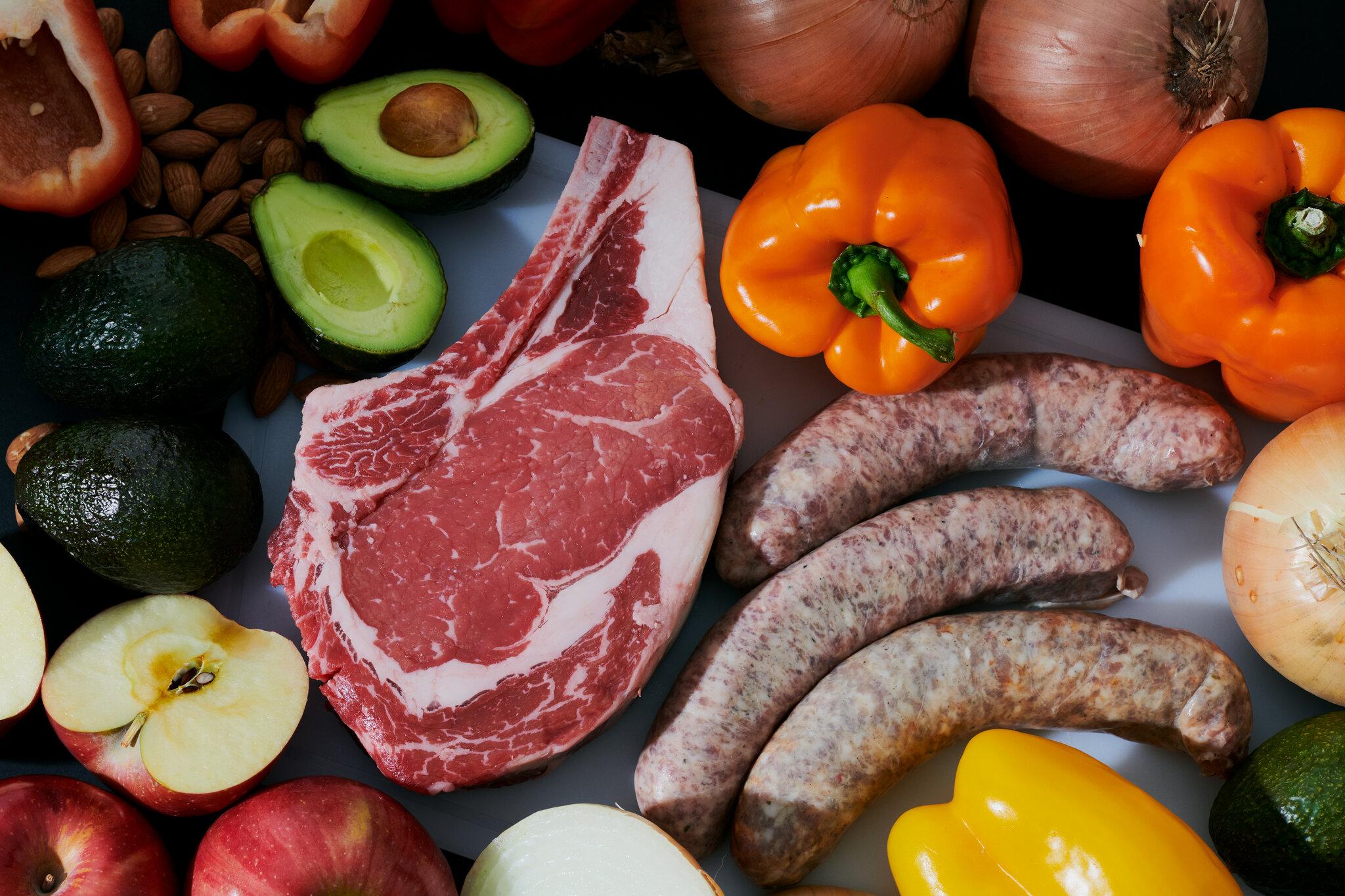
Vitamins and Minerals Crucial for Optimal T Levels
When it comes to enhancing testosterone levels, the role of vitamins and minerals cannot be overstated. Nutrients like Vitamin D, Zinc, and Magnesium significantly contribute to hormone production and regulation. Including foods rich in these vital nutrients can help optimize overall testosterone levels. For instance, fatty fish such as salmon and mackerel are excellent sources of Vitamin D, while oysters and pumpkin seeds deliver a hearty dose of Zinc. Furthermore, leafy greens like spinach and Swiss chard are rich in Magnesium, promoting better testosterone synthesis.
Incorporating these nutrient-dense foods into your diet can make a substantial difference. Here’s a quick overview of foods that are packed with essential vitamins and minerals beneficial for testosterone health:
| Food | Nutrient | Benefit |
|---|---|---|
| Fatty Fish (Salmon, Mackerel) | Vitamin D | Boosts testosterone production |
| Oysters | Zinc | Enhances libido and testosterone levels |
| Pumpkin Seeds | Zinc, Magnesium | Supports overall hormone balance |
| Spinach | Magnesium | Improves testosterone synthesis |
| Nuts (Almonds, Walnuts) | Vitamin E, Zinc | Promotes healthy testosterone levels |
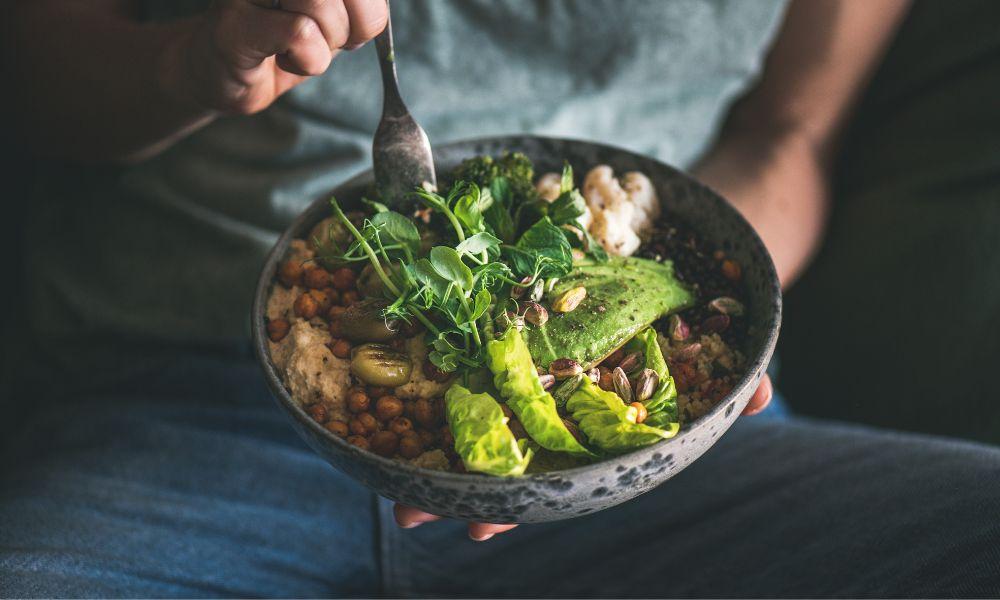
Delicious Recipes to Support Your Testosterone Goals
Fuel Your Goals with Flavorful Foods
Eating the right foods can make a significant difference in your testosterone levels. Incorporate leafy greens like spinach and kale into your meals, as they are packed with magnesium, which is linked to higher testosterone. Consider whipping up a vibrant salad topped with avocado, olive oil, and nuts for a nutrient-dense mix that not only tastes great but boosts your hormone levels too. Additionally, don’t overlook the importance of lean proteins such as chicken, turkey, and fish. These are essential for hormone production and can be enjoyed grilled or baked with your favorite herbs and spices for a meal that’s both satisfying and beneficial.
For a winning combination, try a breakfast bowl featuring eggs—rich in cholesterol, which is a precursor for testosterone. Combine them with whole grain toast sprinkled with flaxseeds for extra omega-3 fatty acids and fiber. You can also prepare a hearty stir-fry with broccoli, quinoa, and diced beef or tofu, making sure to season it with ginger and garlic for added flavor and health benefits. Below is a simple table featuring more testosterone-friendly foods to help you plan your meals:
| Food | Benefits |
|---|---|
| Eggs | Rich in cholesterol, boosts hormone levels. |
| Lean Meats | High in protein, essential for testosterone production. |
| Nuts and Seeds | Great source of healthy fats and vitamin E. |
| Berries | Antioxidants help protect testosterone from being converted. |
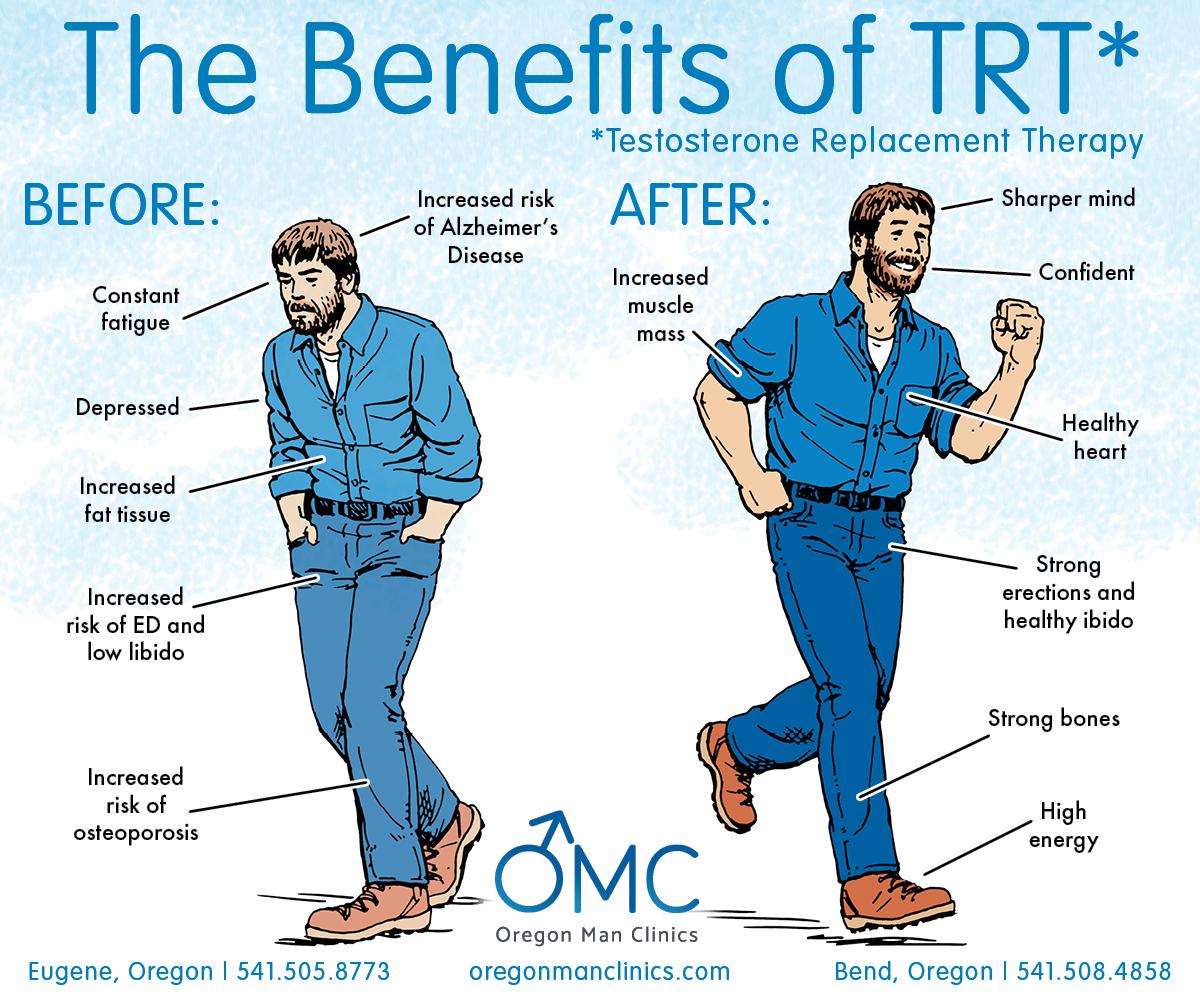
Seeking Professional Guidance in Nutritional Choices
Making informed nutritional choices is crucial when considering testosterone therapy. A professional can help tailor your diet to support hormonal balance effectively. Incorporating foods rich in certain nutrients can amplify the benefits of therapy by creating a supportive environment for testosterone production. Key food groups to focus on include:
- Healthy Fats: Avocados, nuts, and olive oil.
- Lean Proteins: Chicken, fish, and legumes.
- Fruits and Vegetables: Spinach, broccoli, and bananas
- Zinc-rich Foods: Oysters, pumpkin seeds, and beef.
Furthermore, understanding the significance of specific elements such as vitamins and minerals can enhance the effectiveness of dietary changes. For instance, foods high in Vitamin D and B vitamins play crucial roles in hormone regulation. Below is a simple overview of beneficial foods, their key nutrients, and potential impacts on testosterone levels:
| Food | Key Nutrient | Impact on Testosterone |
|---|---|---|
| Fatty Fish | Omega-3 Fatty Acids | Supports hormone production |
| Eggs | Vitamin D | Boosts testosterone levels |
| Spinach | Magnesium | Improves muscle performance |
| Pomegranates | Antioxidants | Enhances blood flow and testosterone |
Q&A
Q&A: Best Foods for Testosterone Therapy
Q1: What role do foods play in testosterone therapy?
A1: Foods can significantly influence hormone levels, including testosterone. While testosterone therapy often includes medical interventions, incorporating certain nutrient-rich foods can support overall hormonal balance and enhance the effectiveness of therapy.
Q2: Which foods are considered the best for boosting testosterone levels?
A2: There are several standout foods that have been linked to increased testosterone levels. These include:
- Lean meats like chicken and turkey, which provide essential amino acids and zinc.
- Fatty fish such as salmon and sardines, rich in omega-3 fatty acids that support hormone production.
- Eggs, especially the yolk, are packed with vitamin D and healthy fats.
- Leafy greens like spinach and kale, which are high in magnesium crucial for testosterone synthesis.
- Nuts like walnuts and almonds, which are a good source of healthy fats and may improve testosterone levels.
- Avocados, rich in monounsaturated fats and vitamin E, can aid in hormone health.
Q3: Are there specific nutrients to focus on in these foods?
A3: Absolutely! Key nutrients include:
- Zinc: Essential for testosterone production, found in meats, shellfish, legumes, and seeds.
- Vitamin D: Plays a critical role in hormone regulation, sourced from fatty fish, fortified foods, and sunlight exposure.
- Magnesium: Linked to testosterone levels, found in leafy greens, nuts, and whole grains.
- Healthy Fats: Found in avocados, olive oil, and fish, these aid in hormone production while promoting overall health.
Q4: Can certain foods hinder testosterone levels?
A4: Yes, some foods may negatively impact testosterone levels. Highly processed foods, excessive sugar, and trans fats can lead to hormonal imbalances. Additionally, soy products and mint have been suggested to potentially lower testosterone levels when consumed in excess. Moderation is key!
Q5: Is there a specific meal plan that can aid in testosterone therapy?
A5: While there’s no one-size-fits-all meal plan, a balanced diet emphasizing lean proteins, healthy fats, fruits, and vegetables can support hormonal health. For example:
- Breakfast: Scrambled eggs with spinach and avocado.
- Lunch: Grilled chicken salad with a variety of colorful vegetables and a sprinkle of walnuts.
- Dinner: Baked salmon with quinoa and steamed broccoli.
Snacking on nuts and seeds throughout the day can also provide an added nutrient boost.
Q6: Should I consult a professional before changing my diet during testosterone therapy?
A6: It’s always wise to consult with a healthcare professional or a registered dietitian before making significant dietary changes, especially when undergoing testosterone therapy. They can provide tailored advice based on your individual health needs and ensure that your dietary choices align with your treatment goals.
Q7: How important is hydration alongside diet in testosterone therapy?
A7: Hydration is crucial! Staying well-hydrated supports optimal bodily functions, including hormone production. Drinking adequate water can improve energy levels, mood, and overall well-being, all of which play a role in maintaining healthy testosterone levels.
Q8: Can lifestyle factors affect testosterone levels in addition to diet?
A8: Certainly! Lifestyle factors such as regular exercise, quality sleep, stress management, and avoiding substance abuse can significantly influence testosterone levels. A holistic approach – combining diet with healthy habits – is the most effective way to support testosterone therapy.
while certain foods can aid in testosterone therapy, they work best when integrated into a balanced lifestyle.
Concluding Remarks
optimizing testosterone levels through diet is a promising avenue for those seeking to enhance their hormonal health. The best foods for testosterone therapy not only support a balanced endocrine system but also enrich overall well-being. By incorporating nutrient-dense options like lean proteins, healthy fats, and an array of fruits and vegetables into your meals, you can create a robust foundation for your body’s hormonal needs. Remember, it’s always wise to consult with a healthcare professional before making significant changes to your diet or pursuing therapy. As you embark on this journey toward better health, let your plate be a guide—nourishment can indeed be the cornerstone of vitality. Embrace the flavors, embrace the power, and let your body thrive.

